WASHINGTON, D.C. (May 27, 2010) -- The Army's Child, Youth and School Services program, which heads the Army Teen Panel, recently honored the sacrifices of Army children, while also educating members of Congress about the benefits, experiences and challenges of being a military teen.
The teens spent a day in the Pentagon and on Capitol Hill as a result of efforts by Lindsay Yuill, Army legislative liaison, and a team of liaisons who were impressed with the teens' initiatives on improving garrison programs and the marketing of their vision to senior Army leaders at the Army Family Action Plan summit earlier this year.
After arriving from garrisons located in South Korea, Germany and across the U.S., the 12 teens' first stop was a meeting at the Pentagon with Maj. Gen. James McConville, chief, legislative liaison. McConville wanted to hear what was uppermost on their mind and readied the teenagers for the task of talking with the congressmen.
The Office of the Chief of Legislative Liaison facilitates the partnership between the Army and Congress to ensure support for the Army's needs.
"Our families have the tougher job," said McConville. "So I want to know what's been the biggest challenge for you teens, especially when one or both of your parents are deployed'"
"Just not having them around has been the toughest," said Xavia (only first names of the teenagers are used) from Georgia.
"Has the Internet helped at all'" asked McConville "I was just in Afghanistan where we had Internet phones in some of the most remote areas. Has this helped keep Families together'"
"My mom was deployed to Iraq in 2002. When we had no communication, we often got the wrong information about what's going on over there," said Megan, representing Fort Bliss, Texas.
"We didn't have any communication when my dad was deployed in 2002. Mom took it hard and she would often have anxiety attacks," said Elizabeth of Fort Polk, La.
"Having communication with my dad was like he was still here with us," said Anthony, also from Fort Bliss.
The conversation quickly turned to what can be one of the teens' worst experiences: switching schools during the school year.
"I was a junior in three high schools," Xavia said, "but this only served to improve my communication skills."
Elizabeth attended three high schools during her senior year.
"All the moving I did during high school left me with the feeling I had no continuity between the schools," Elizabeth said.
McConville mentioned he'd also heard of coaches who didn't want to deal with military kids.
"I've heard them say, 'You're military. We don't want you on the team because you will only be here a couple of years and then you leave.' It seems we're good at fixing physical problems in the military, but changing attitudes is something we have to come to grips with," McConville said.
"We worry about you kids," added the general. "But I think you come out stronger, despite having a tough time growing up. Statistically, you seem to do well in college. But we're concerned because we feel we're disadvantaging you."
He advised the teens, as they visited the House of Representatives, to speak up with what they have on their mind.
"To a person, these men and women are the ones who give us the money because they all agree about taking care of families. You are all serving, (but) you didn't volunteer to serve. We need to have better benefits for the high school-aged children of our military men and women."
Before leaving, he advised the Army Teen Panel to speak up about the affects of multi-deployments on them and their parents when they see members of Congress and their staffers.
J.C. Abney, deputy to the commanding general of the Family and MWR Command, provides direct supervision and oversight to five program directors, including Child, Youth and School Services.
He, too, wanted to hear more from the teens about lack of continuity between the school districts from state to state.
The teens talked about having difficulties when their military parent(s) received orders to move and having to repeat courses in order to graduate according to their new state's standards.
"We're supposed to have a system in place so that school districts make every effort to accommodate transient youth, but from what you're telling me, this isn't happening. We have between 300 and 400 memorandums of understanding in place to deal with this. But if these barriers are still in place, we need to knock them down for athletics and academics," Abney said.
Abney said he was disturbed by the students' comments.
"I would have never guessed that this was still an issue; I thank you for making me aware of it. I know there's a lot of effort to ensure this doesn't happen thanks to the Interstate Compact the Army has with 28 states. Our garrison commanders need to get back out to the school boards and initiate a conversation about what's happening," Abney said.
The teen panel lunched with caucus members and staff, and participated in individual meetings with representatives to continue their conversations.
Alex, from Fort Drum, N.Y., met with Rep. William Owens of New York's 23rd congressional district in his office and during the group lunch. Owens replaced John McHugh, who was confirmed as the 21st secretary of the Army.
Garrett from U.S. Army Garrison Garmisch, Germany, and Anthony, a junior advisor with the Army Teen Panel at Fort Bliss, had the opportunity to chat with liaisons from the Office of the Chief, Legislative Liaison over lunch about their experiences as Army youth.
"We don't talk about our parents being in the military because we're not sure how the other kids in school will feel," Garrett said.
After lunch, Anthony and Megan met with Silvestre Reyes and Solomon Ortiz, both representatives from Texas.
Immediately a common bond was discovered when Anthony showed Reyes his blog on his cell phone. The congressman pulled out his phone as Anthony tweeted he was meeting with the congressman from the 16th District. His mom quickly responded, telling her son to tell the congressman 'hi' for her.
"That scared me a little bit," laughed Anthony. "I didn't know she was keeping such a close watch on what I was doing."
Anthony and Meghan joined the other teens coming back from their own meetings and met with Craig Greene, a professional staff member with the Armed Services Committee.
"As a parent, I appreciate you guys stepping up to help your peers," Greene told the 12 Army teens.
The Armed Services Committee authorizes funds for military housing, teen centers, barracks and planes, to name a few.
The last order of the day was dinner with Army Vice Chief of Staff Gen. Pete Chiarelli and his wife, Beth.
"I understand you've all been affected in some way by moving around from school to school, but who's continuing on with college and possibly joining the military'" Chiarelli asked.
"I'm attending Texas Christian University in the fall and joining ROTC," said Garrett, who plans to join the Army upon graduation.
Brooke told the general she has been accepted to West Point.
But the main topic of conversation became the emerging social media.
"I credit this Army Teen Panel with creating the first Facebook account in 2007. They even briefed Chief of Staff Gen. George W. Casey about it," said CYSS Army Teen Panel Program Manager Donna McGrath.
"Social media has come a long way," said Chiarelli. "We even use Skype now for online medical evaluation. When we did a pilot in Hawaii, many of the doctors didn't want it, but now they're into it because young Soldiers are much more willing to open up."
The Army teens found out that, like the congressmen, Chiarelli also enjoys using Twitter when Anthony told him about his blog, "Son of a Soldier."
The dinner at the Fort Myer, Va., officers club became more festive as the two tweeted back and forth over cheeseburgers and salad.
This will be one of the last official functions these teens will experience before training the new Army Teen Panel following the Army's birthday ball in June.
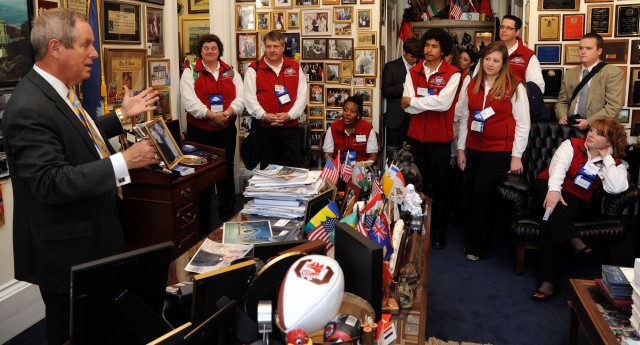
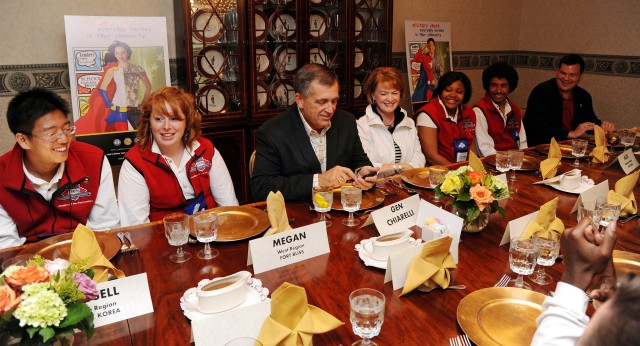
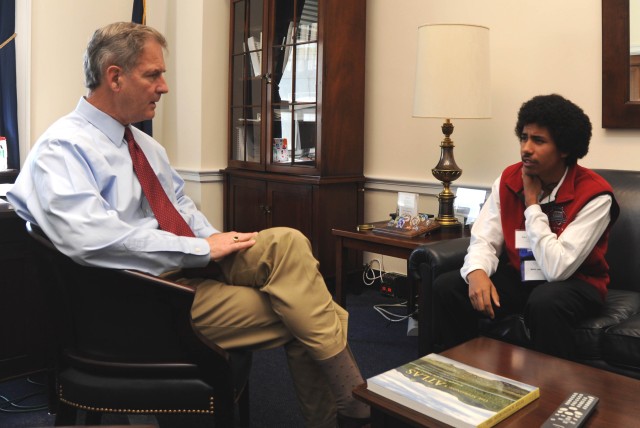
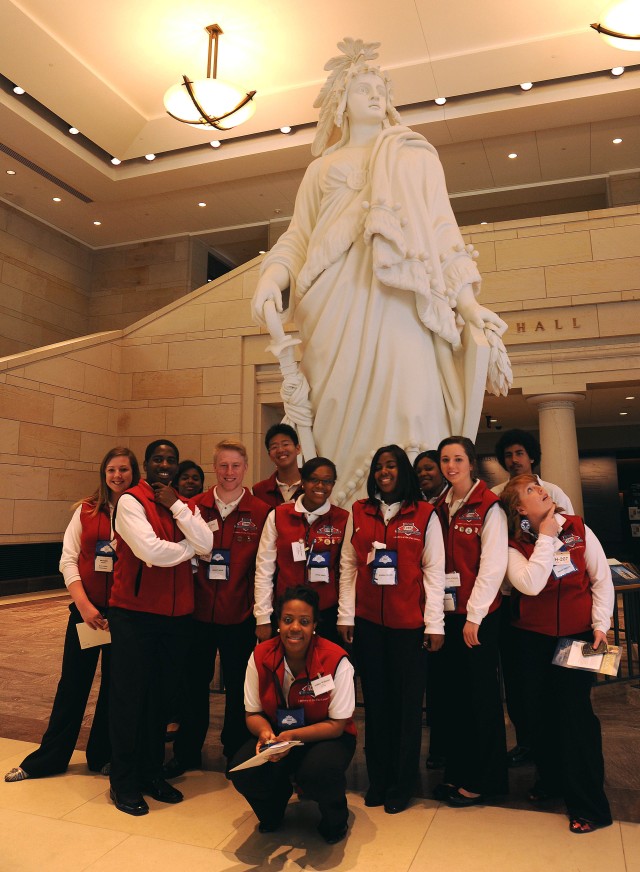
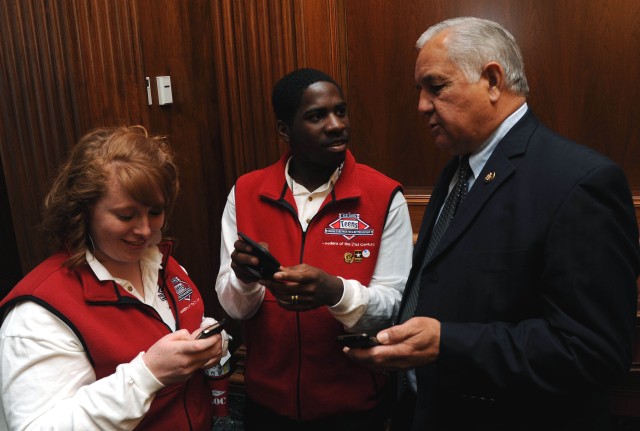
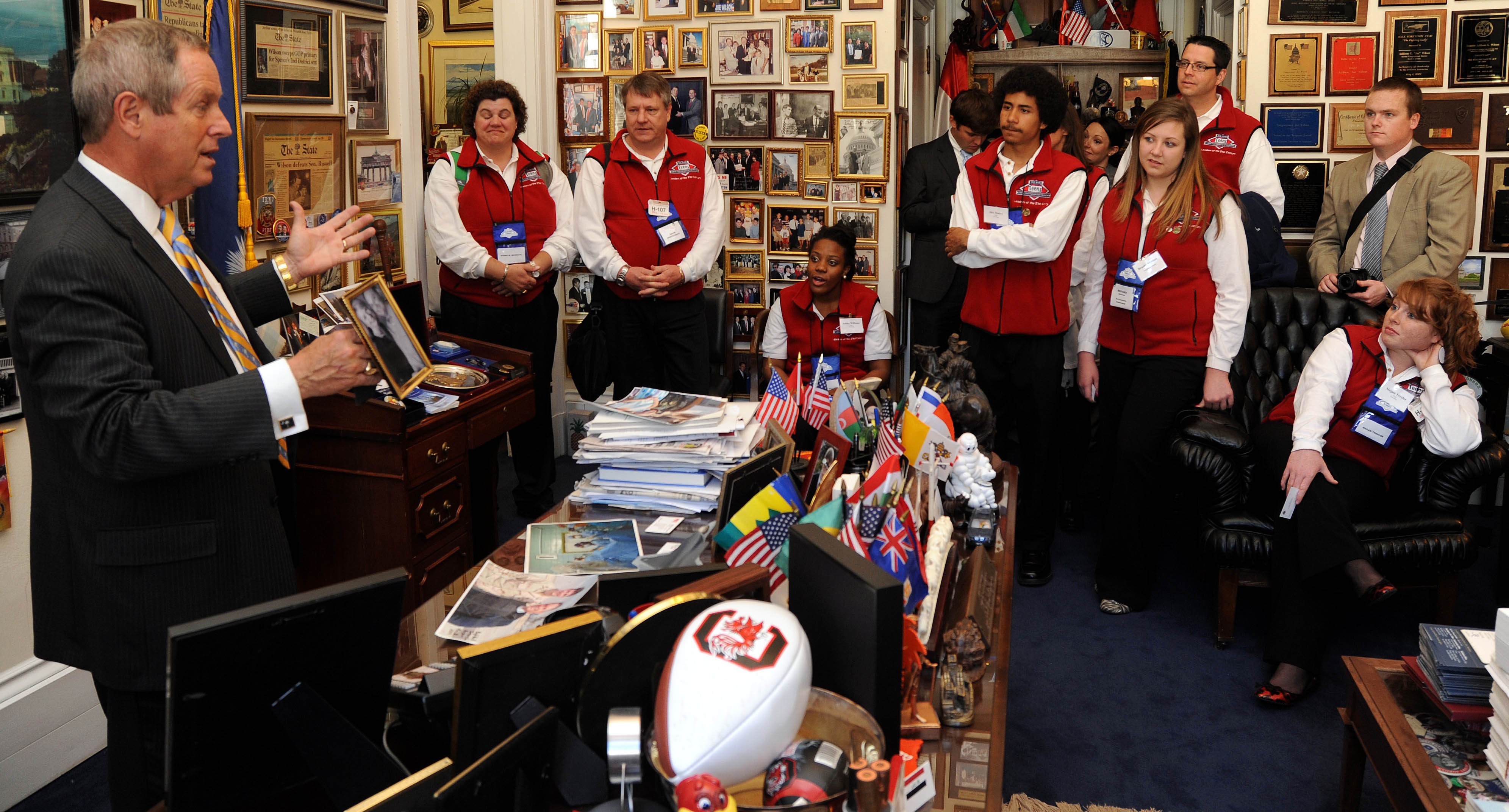
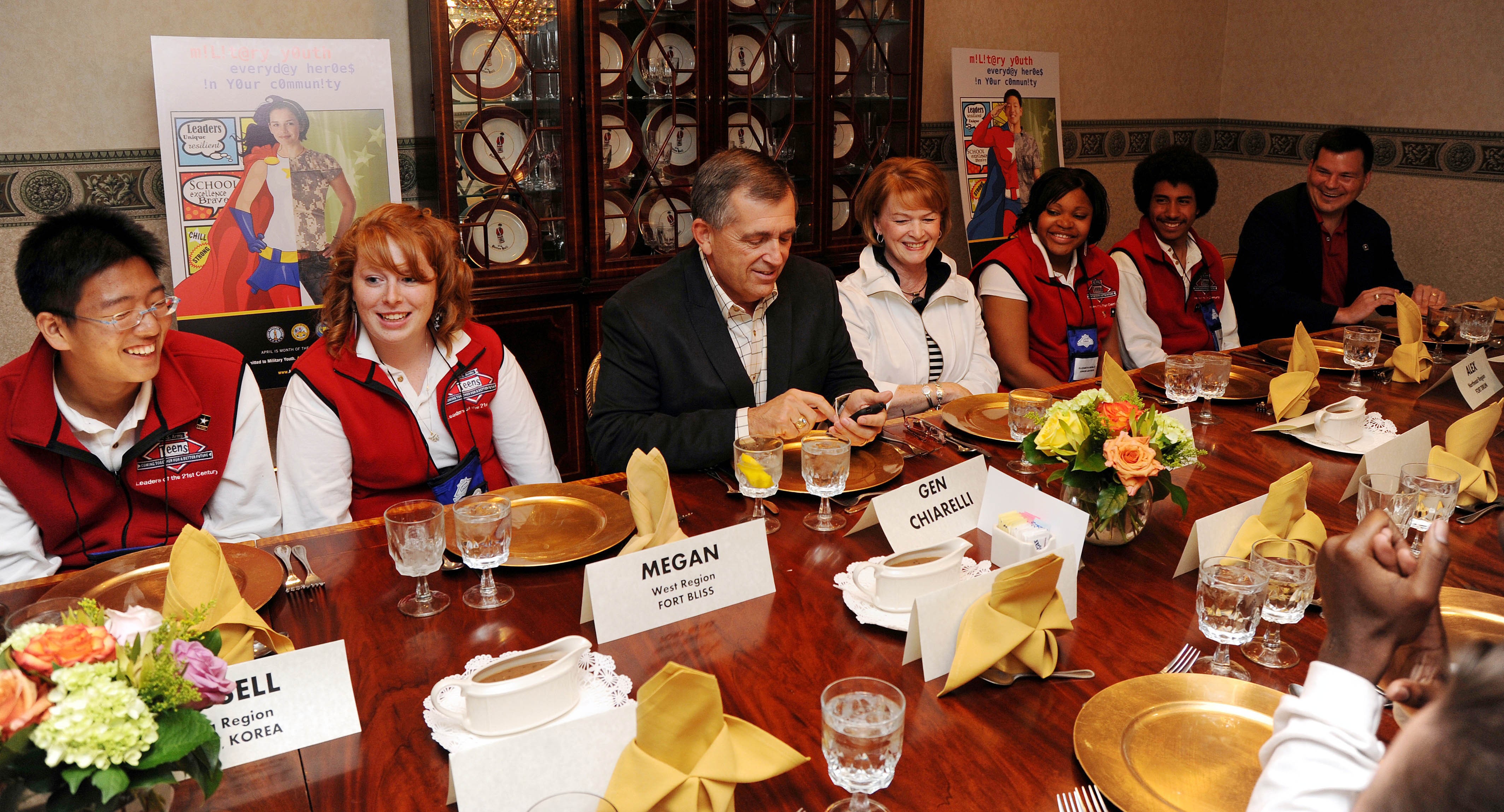
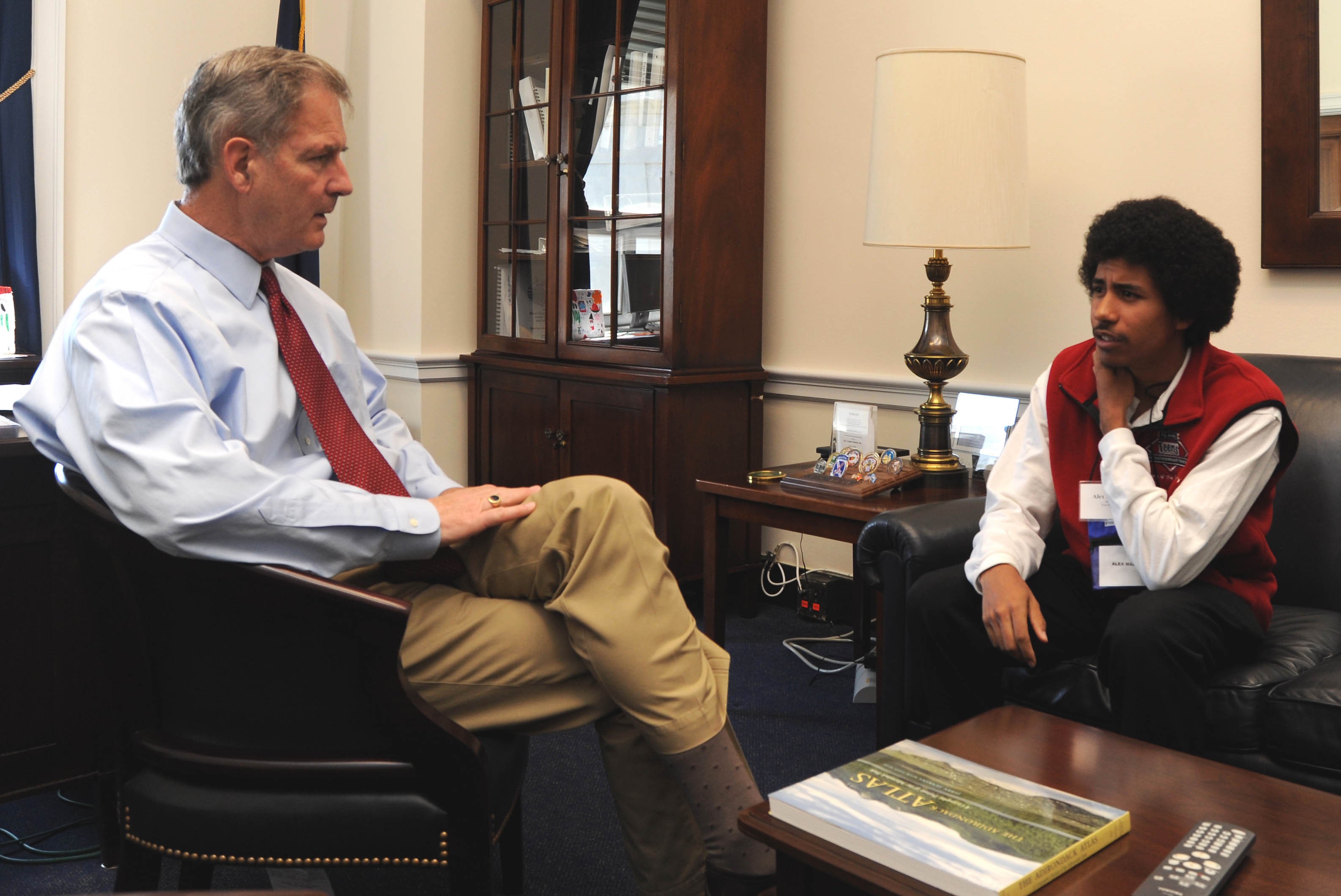
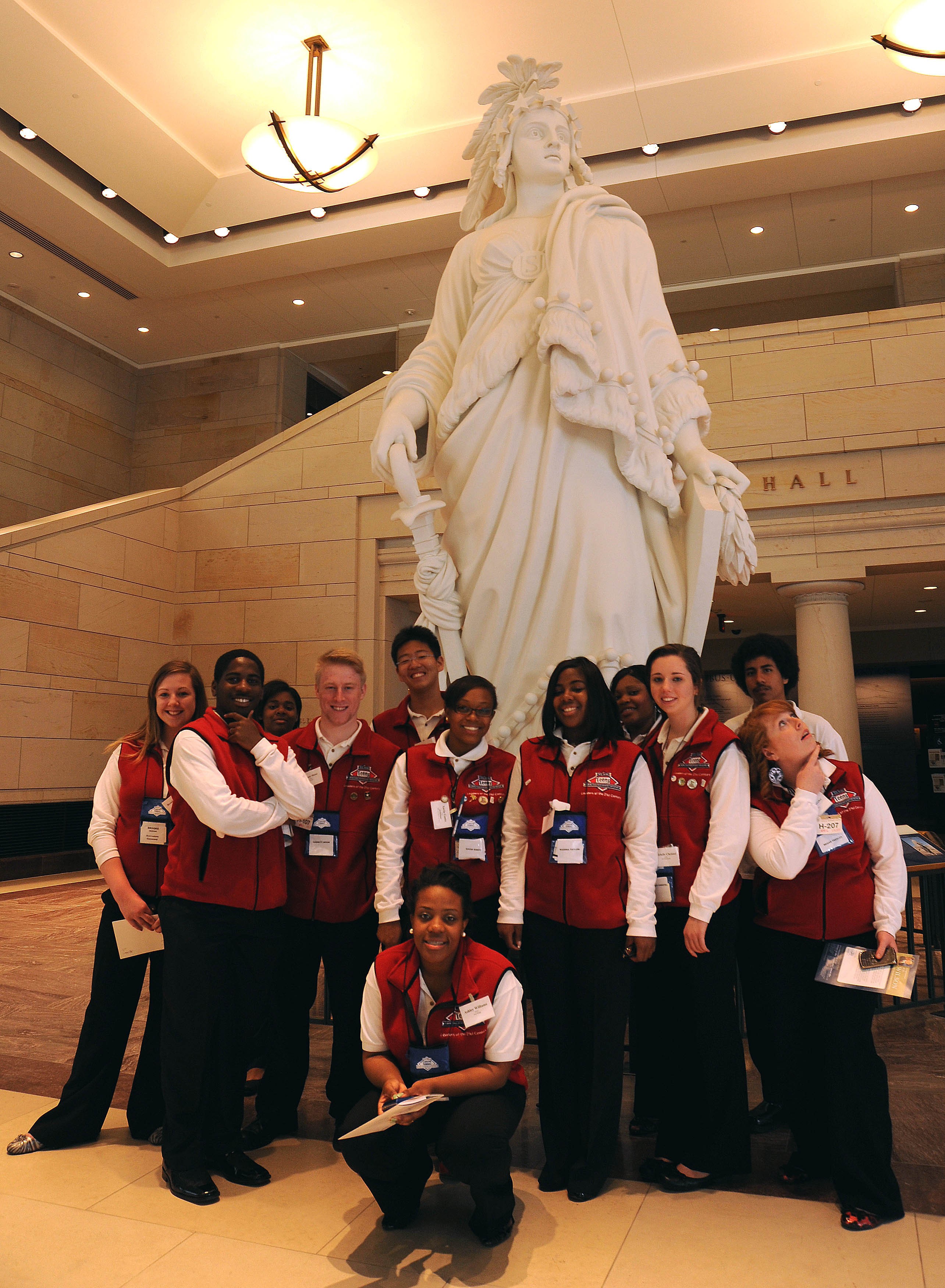
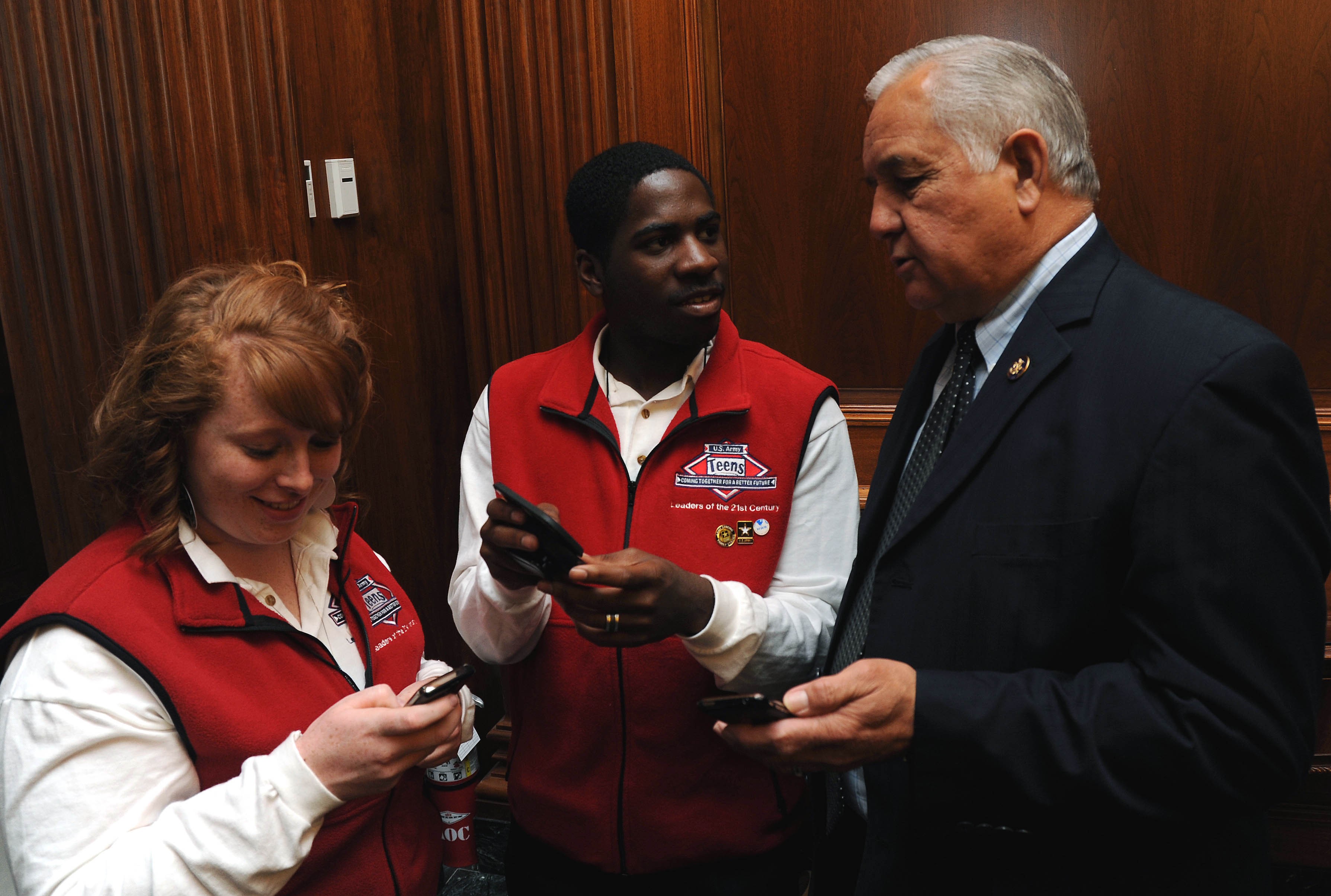
Social Sharing